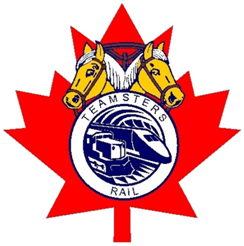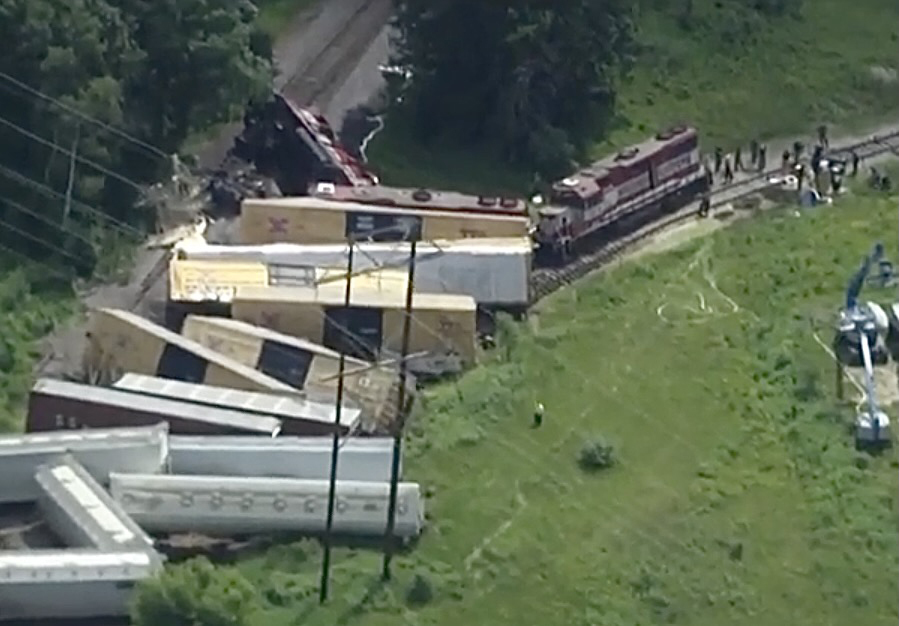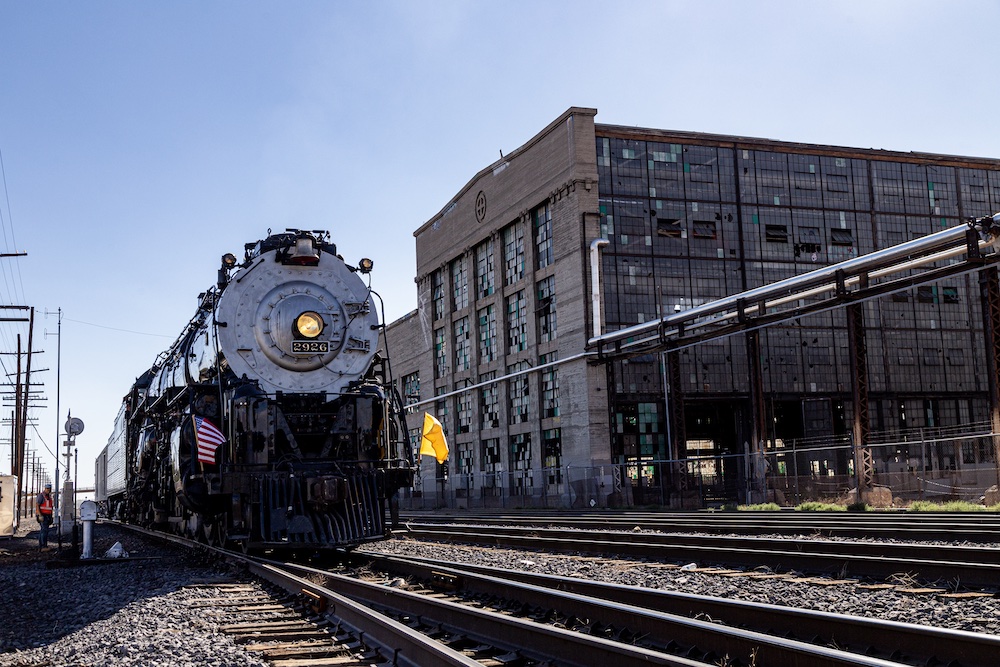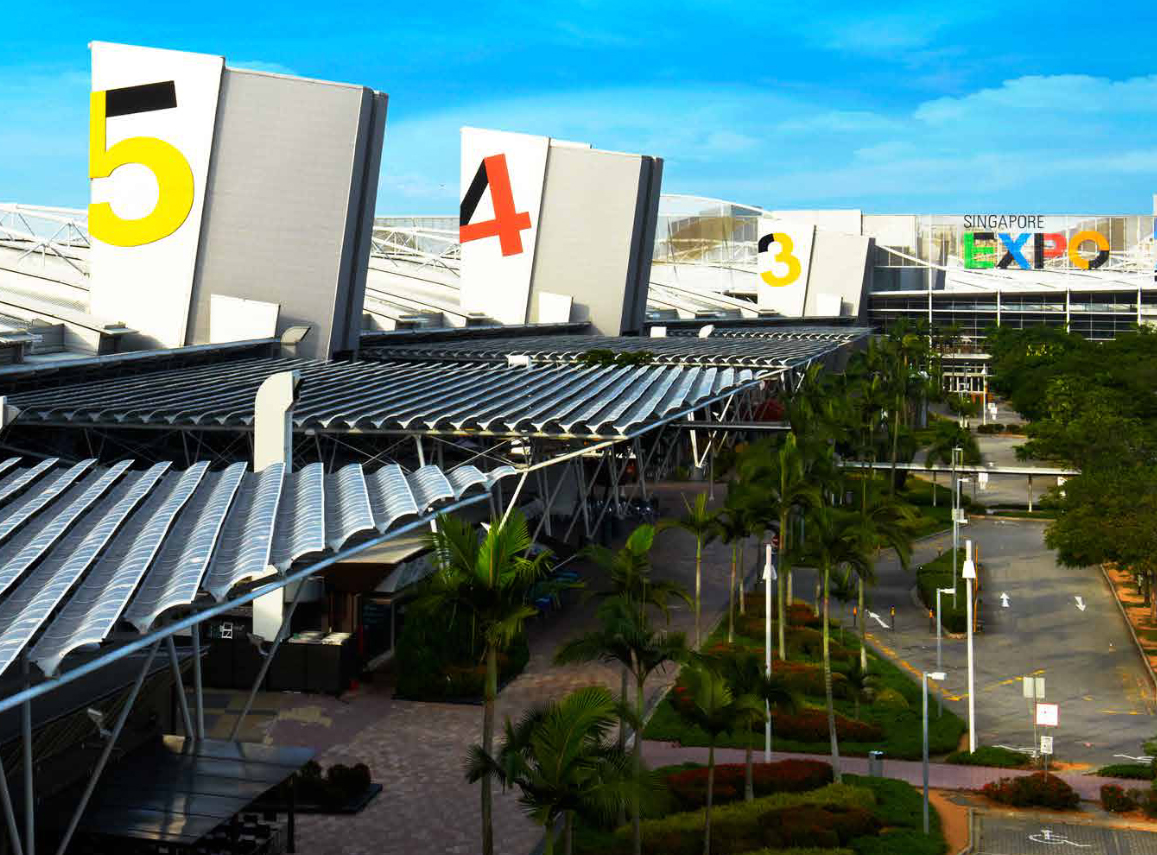 MONTREAL — The president of Teamsters Canada claims Canadian National and Canadian Pacific Kansas City are seeking a work stoppage in an effort to eliminate rest provisions for workers, the union said in a press release today (Monday, Feb. 19).
MONTREAL — The president of Teamsters Canada claims Canadian National and Canadian Pacific Kansas City are seeking a work stoppage in an effort to eliminate rest provisions for workers, the union said in a press release today (Monday, Feb. 19).
The release is the union’s response to separate moves by CN and CPKC on Friday to file a Notice of Dispute with Canada’s Minister of Labour, requesting the appointment of government mediators to join negotiations between the railroads and the Teamster Canada Rail Conference [see “CN, CPKC seek involvement of Canadian government …,” Trains News Wire, Feb. 16, 2024]. CN’s contract with almost 6,000 engineers, conductors, and yard workers represented by the TCRC expired on Dec. 31, 2023, as did CPKC’s contract with about 3,200 conductors, engineers and yard workers, and a separate agreement with about 90 rail traffic controllers.
“CN and CPKC aim to eliminate all safety-critical rest provisions from our collective agreements,” said François Laporte, national president of Teamsters Canada. “These provisions are necessary to combat crew fatigue and ensure public safety. We want to reach a negotiated settlement, but their demands are non-starters for the Teamsters. Safety is nonnegotiable.”
Said Paul Boucher, TCRC president, “Canadian railroads don’t care about supply chains, farmers, or small businesses. They care about their bottom line, and squeezing everything they can out of their employees. If they need to manufacture a work stoppage to get there, they won’t think twice.”
The union also explained to its members the process set in motion by Friday’s filing by the railroads. The appointment of a mediator — officially, a conciliation officer — must happen within 15 days of the Notice of Dispute, or in this case, by March 2. That is followed by 60 days of negotiations with the aid of the conciliation officer. The parties can mutually agree to extand that period; otherwise, it followed by a 21-day “cooling off period.” The earliest a strike or lockout could occur is at the end of that 81-day period, assuming union membership has voted to strike and either party (union or railroad) has provided a required 72-hour notice.
The union indicated it is beginning arrangements to hold a strike vote and will continue to offer information to members on websites, social media, and the union’s app.













